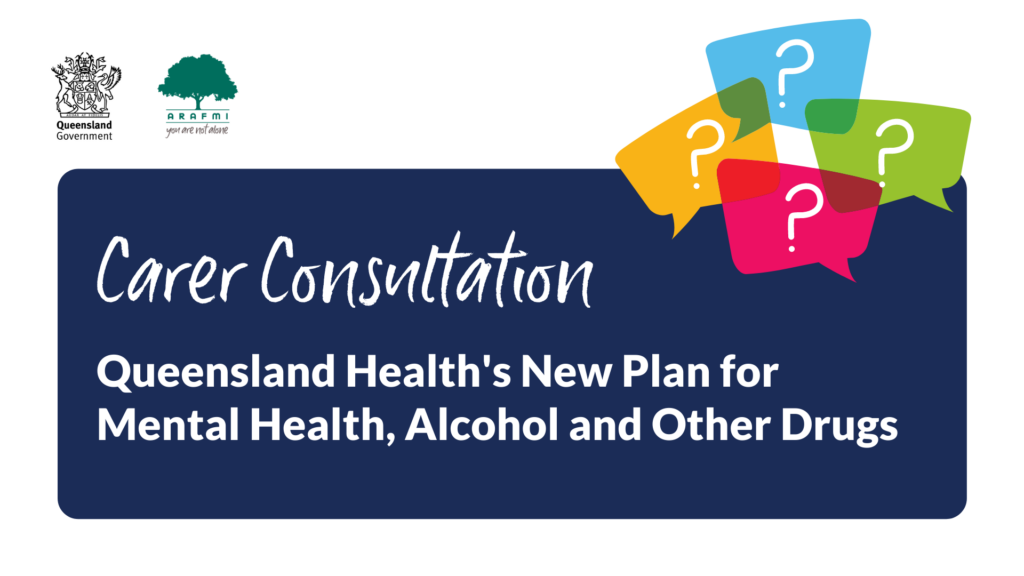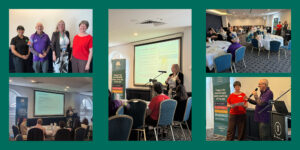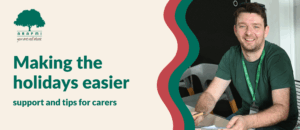
Queensland Health via the Mental Health Alcohol and Other Drugs Branch (MHAODB) is seeking feedback from carers to inform the development of a new plan for future state funded mental health, alcohol and drug services.
As part of the planning process, carers who have experience of the Queensland mental health system are being consulted. Queensland Health’s MHAODB have engaged Arafmi to hear your views and collate responses and feedback.
At the close of the consultation, Arafmi will prepare a report based on your responses and feedback. This will include identified issues, barriers and strategies for Queensland Health to consider in future planning.
Below are the necessary links to RSVP for your preferred method of participation:
Online workshop 1 (Zoom):
When: 12:30pm – 2:30pm, Friday, 6 August
RSVP: Sorry, workshop 1 is FULL. Another workshop has been added below.
Online workshop 2 (Zoom):
When: 10am – 11:30am, Thursday, 5 August,
RSVP: Register via Zoom here
Online survey:
Take the survey here
Survey closes: 5pm Fri 6/8/21
Face-to-face workshop:
When: 11:30am – 2:00pm, Friday, 30 July,
Where: Common Ground Queensland, 15 Hope Street, South Brisbane,
RSVP: Sorry, this workshop in now FULL.
Please note that those taking part in the face-to-face workshop, the online workshop or the one-on-one consultation will be reimbursed for their time. In recognition of your time and contribution, remuneration will be $40/hr in the form of gift cards.
If you would like to receive our regular newsletter updates, please subscribe here
Want to learn more about our Membership? Click here.
In the event of COVID restrictions or a lockdown, we may have cause to cancel or move this event online. We will be in touch with all registrants if this does occur.



